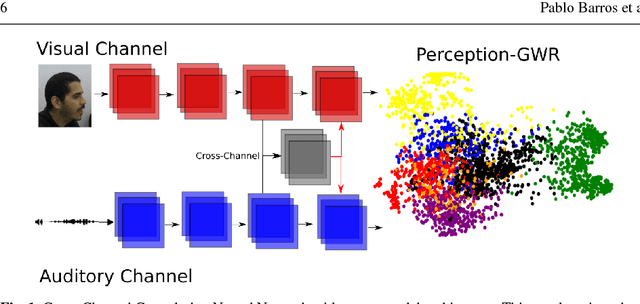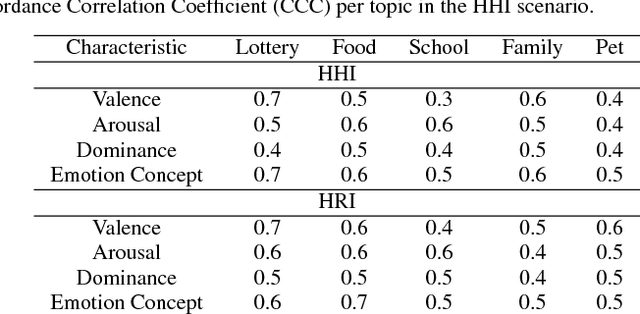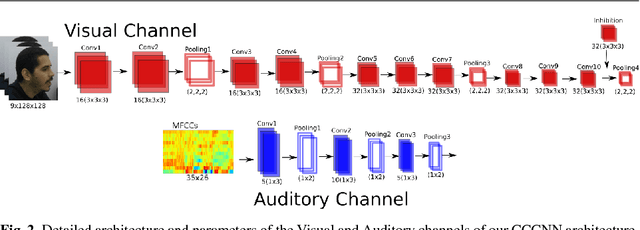A Deep Neural Model Of Emotion Appraisal
Paper and Code
Aug 01, 2018



Emotional concepts play a huge role in our daily life since they take part into many cognitive processes: from the perception of the environment around us to different learning processes and natural communication. Social robots need to communicate with humans, which increased also the popularity of affective embodied models that adopt different emotional concepts in many everyday tasks. However, there is still a gap between the development of these solutions and the integration and development of a complex emotion appraisal system, which is much necessary for true social robots. In this paper, we propose a deep neural model which is designed in the light of different aspects of developmental learning of emotional concepts to provide an integrated solution for internal and external emotion appraisal. We evaluate the performance of the proposed model with different challenging corpora and compare it with state-of-the-art models for external emotion appraisal. To extend the evaluation of the proposed model, we designed and collected a novel dataset based on a Human-Robot Interaction (HRI) scenario. We deployed the model in an iCub robot and evaluated the capability of the robot to learn and describe the affective behavior of different persons based on observation. The performed experiments demonstrate that the proposed model is competitive with the state of the art in describing emotion behavior in general. In addition, it is able to generate internal emotional concepts that evolve through time: it continuously forms and updates the formed emotional concepts, which is a step towards creating an emotional appraisal model grounded in the robot experiences.
 Add to Chrome
Add to Chrome Add to Firefox
Add to Firefox Add to Edge
Add to Edge